Physiotherapy is a highly specialized therapeutic treatment for the management and prevention of an injured, disordered, diseased or aged bodily part to restore or maximize a person’s normal mobility, strength and function using specific physical methods. If done properly, it can determine the progress and outcome of recovery from injury or disease. It helps in the maintenance of health for people of all ages.
Physiotherapy helps in encouraging the development and recovery of people to make them stay at work and remain independent for as long as possible.
Physiotherapy is an important part of treatment for most people with arthritis. It’s run by physiotherapists, who are part of a team of healthcare professionals who help you to resume or maintain an active and independent life both at home and work. They’re experts in assessing movement and can show you how to protect your joints.
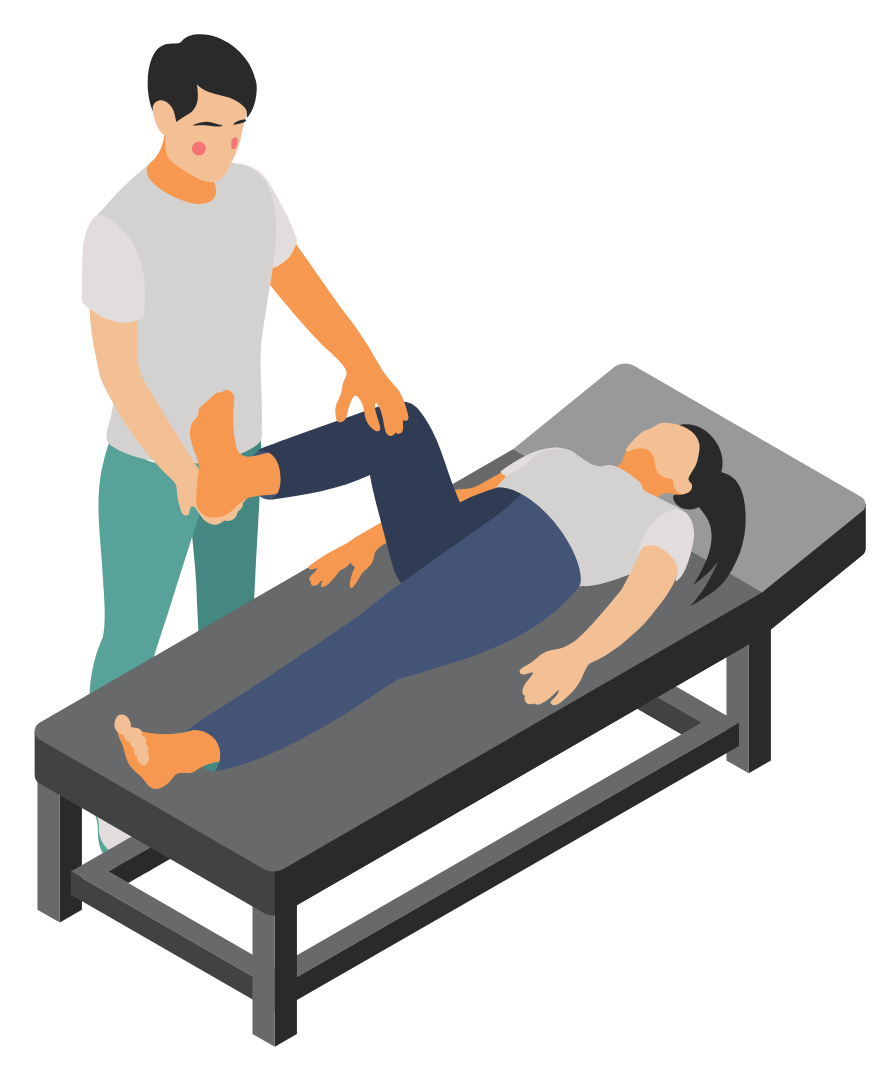

Your physiotherapist will start by asking you questions and examining the joint(s) you’re finding painful. This assessment will let them tailor the treatment to your needs.
Treatment may include:
A physiotherapist can help you to understand what happens to your joints and muscles when you have arthritis. Understanding your arthritis will help you to manage its effects.
Arthritis can cause pain in one particular part of the body or more widespread joint and muscle pain. Medications will help but a physiotherapist can tell you about other methods of pain relief that work alongside your medications. You’ll be able to continue with some of these treatments yourself between appointments:
Overdoing things can increase your pain, but so can not do enough. Your physiotherapist can advise you on increasing your activity level at a rate you can cope with and on finding the right balance between rest and activity. Planning your activities so that you don’t overdo it will let you enjoy the things you want to do.
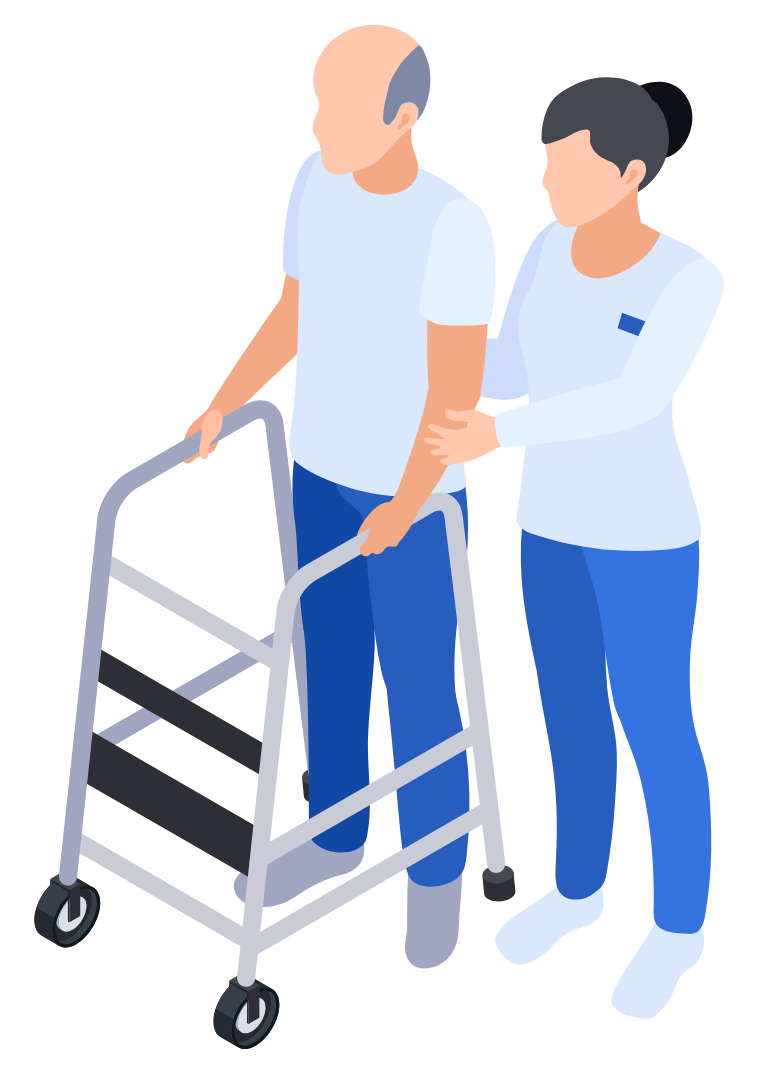
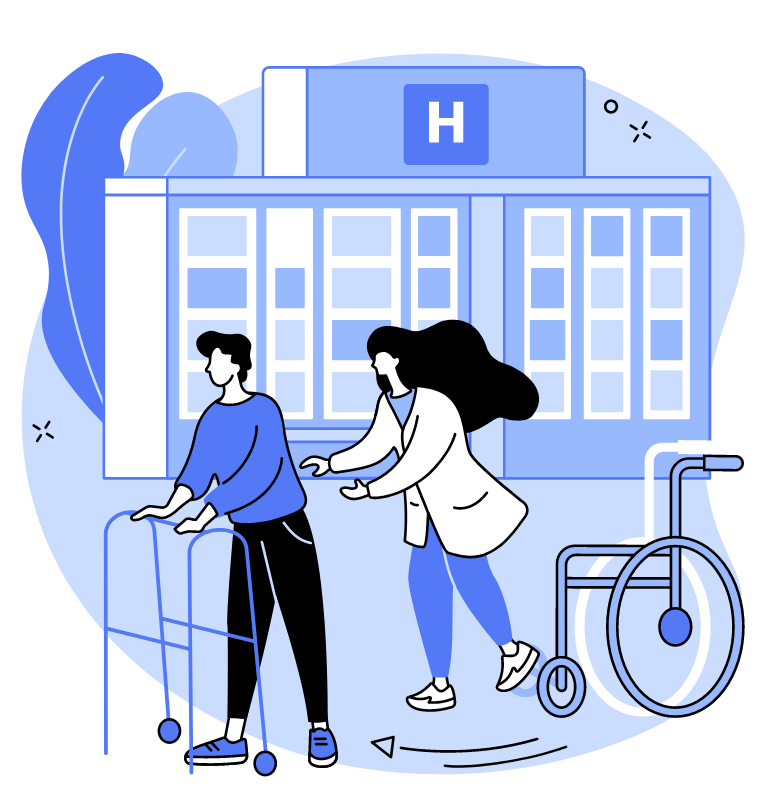
The graded exercise starts slowly and increases in small steps. This will help you to strengthen your muscles and joints and increase your fitness. Improving your general fitness and stamina will help you to increase your activity level without increasing your pain. Regular exercise will also stimulate the production of your body’s own natural pain-relieving hormones (endorphins).
Your physiotherapist may offer other treatments, including the following:
Keeping active is very important when you have arthritis. Many people are afraid that exercise will increase their pain or cause further damage to their joints, but your joints are designed to move and the muscles and tissues around them become weaker if they’re not used. This can cause your joint to become unstable and may reduce your mobility and independence. Exercise can increase your general fitness, help you to lose weight or keep to a healthy weight, improve your general mobility and make you feel more self-confident.
The important thing is to find a form of exercise you enjoy so you do it regularly. Think about this and discuss it with your physiotherapist – they can help you plan a program if you’re new to exercise and advise on any special equipment or training that you’ll need to get started.
It’s important to start gently, pace yourself, and gradually increase your activity. You may have a slight increase in pain when you first start, but this should improve as your confidence and strength increase.

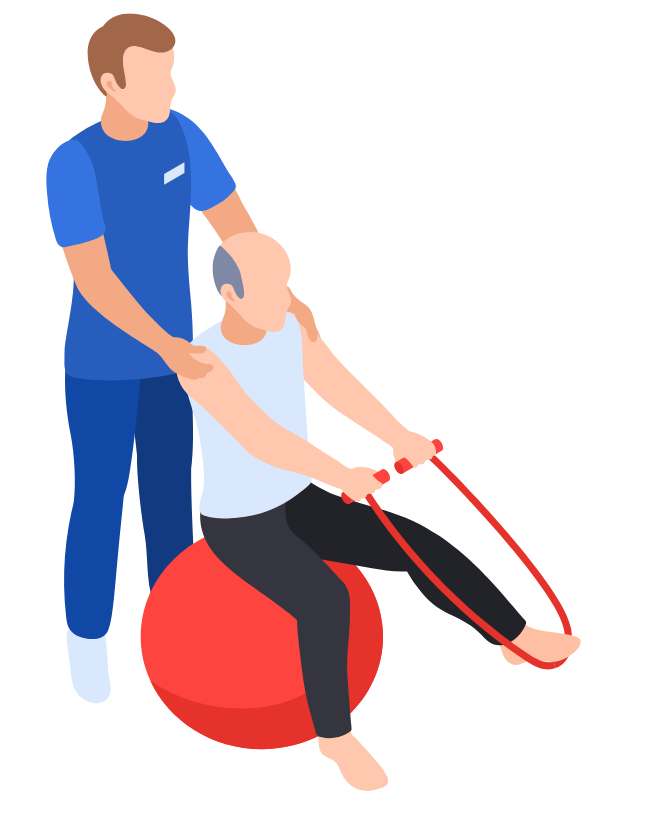
Arthritis can cause joint stiffness and muscle weakness, and this can affect your day-to-day activities. Your physiotherapist will assess your muscle strength and the range of movement in your joints, and advise on techniques and exercises so you can keep your joints working as well as possible.
Some physiotherapists have access to a hydrotherapy pool where you can perform exercises in warm water. Many people find it easier to move in water – the warmth is soothing and the water supports your weight so that you can move your joints and muscles without straining them.
Physiotherapy can also help if you have hypermobile joints, where the range of movement is beyond the normal range. Some physiotherapists specialize in joint hypermobility or other conditions.
With effective treatment of injury, illness, or disability through movement and exercise, manual therapy, and education you will be able to recover faster and get back to the activities you enjoy. From pediatric to elderly care, Physiotherapy at home is a convenient way to help patients of all ages to maintain their health, manage pain and prevent injury. Our qualified physiotherapists can help you at your place of choice by providing a therapy plan tailored to your condition and needs.
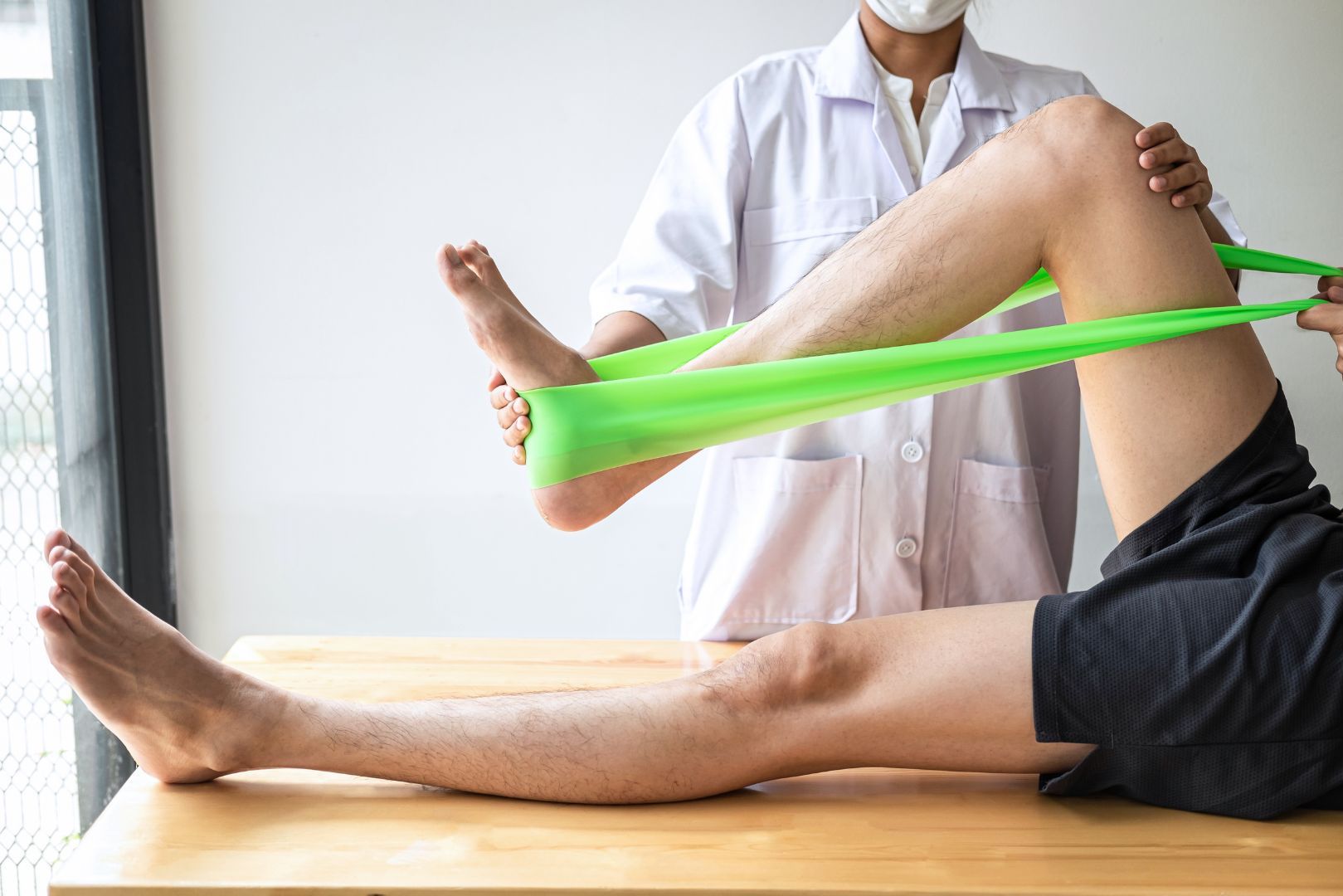
Start with a dynamic warm-up to prepare your body, then progress to compound movements like squats and deadlifts for full-body strength and stability.